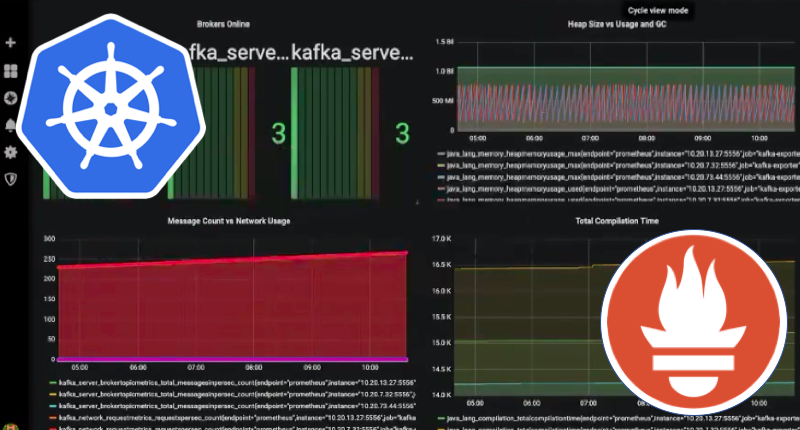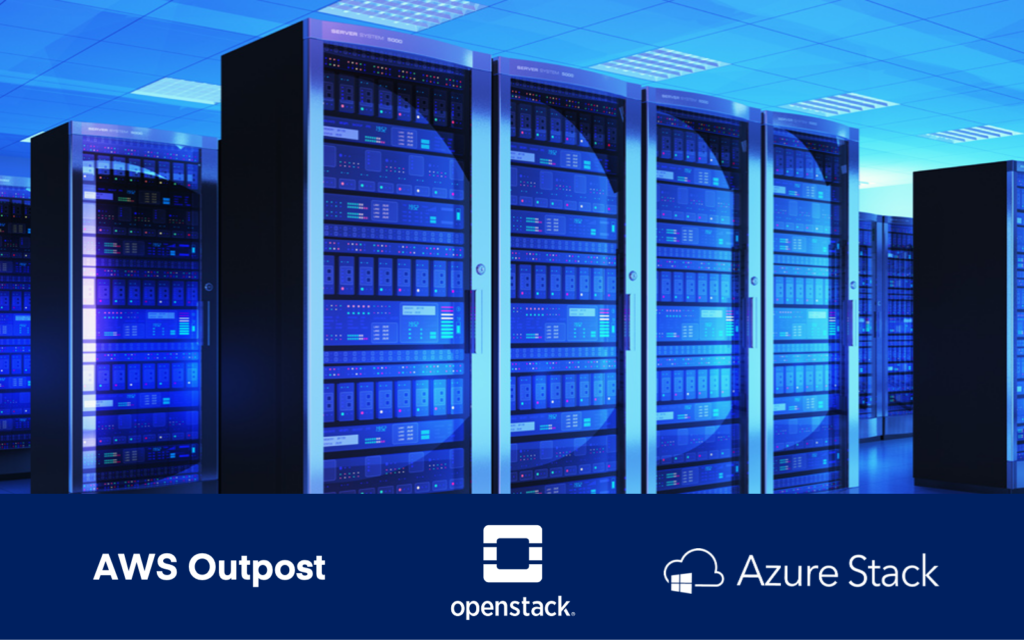How Content Delivery Networks (CDNs) Can Use Kubernetes at the edge for Less Latency and Better Livestream
For today’s livestream and video streaming needs, low latency is key. This is where edge computing and Content Delivery Networks (CDNs) shine – by bringing data storage and computation closer to end users. Connecting with people via livestream was once thought of as something largely used by the gaming and eSports community. However, the tech […]











